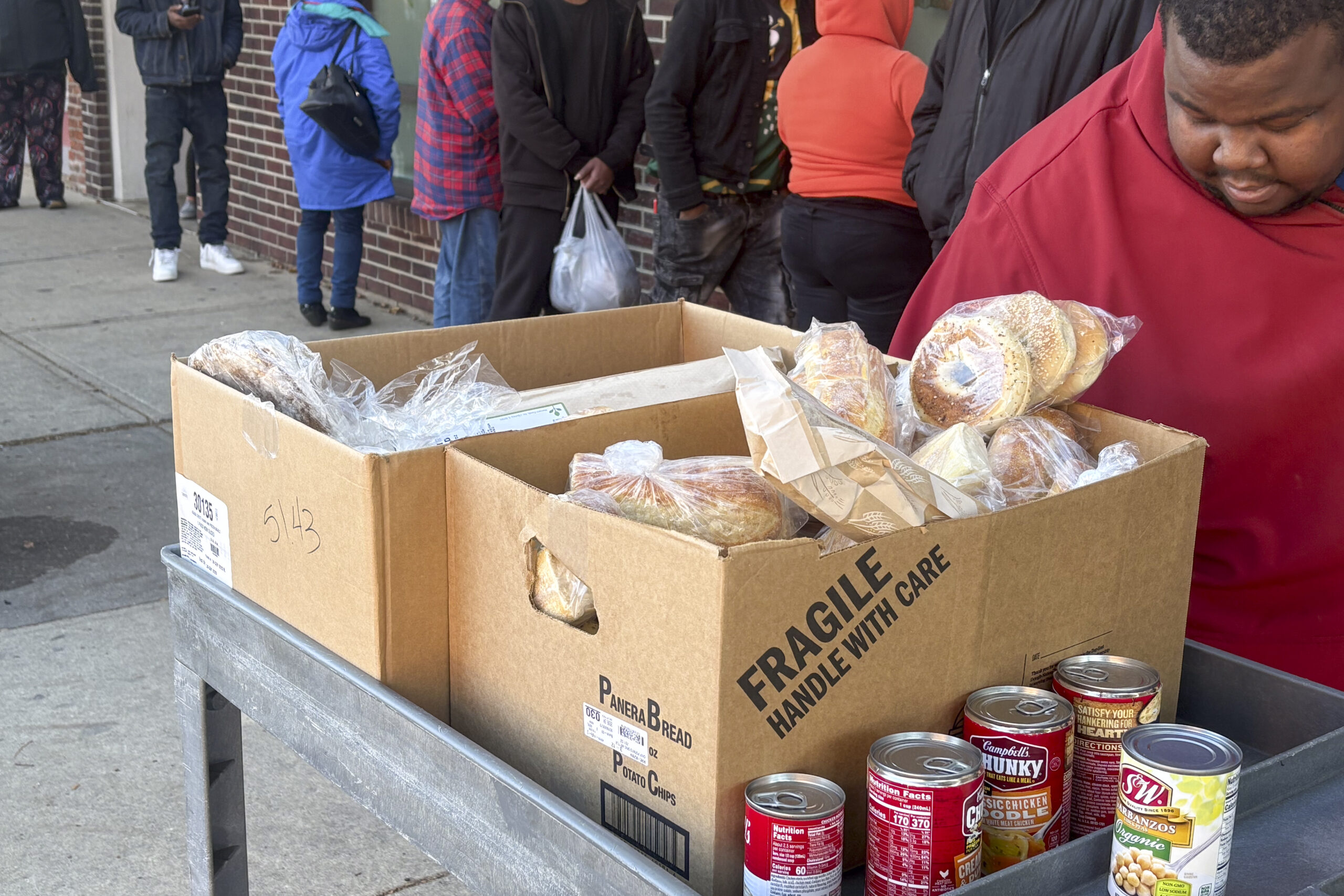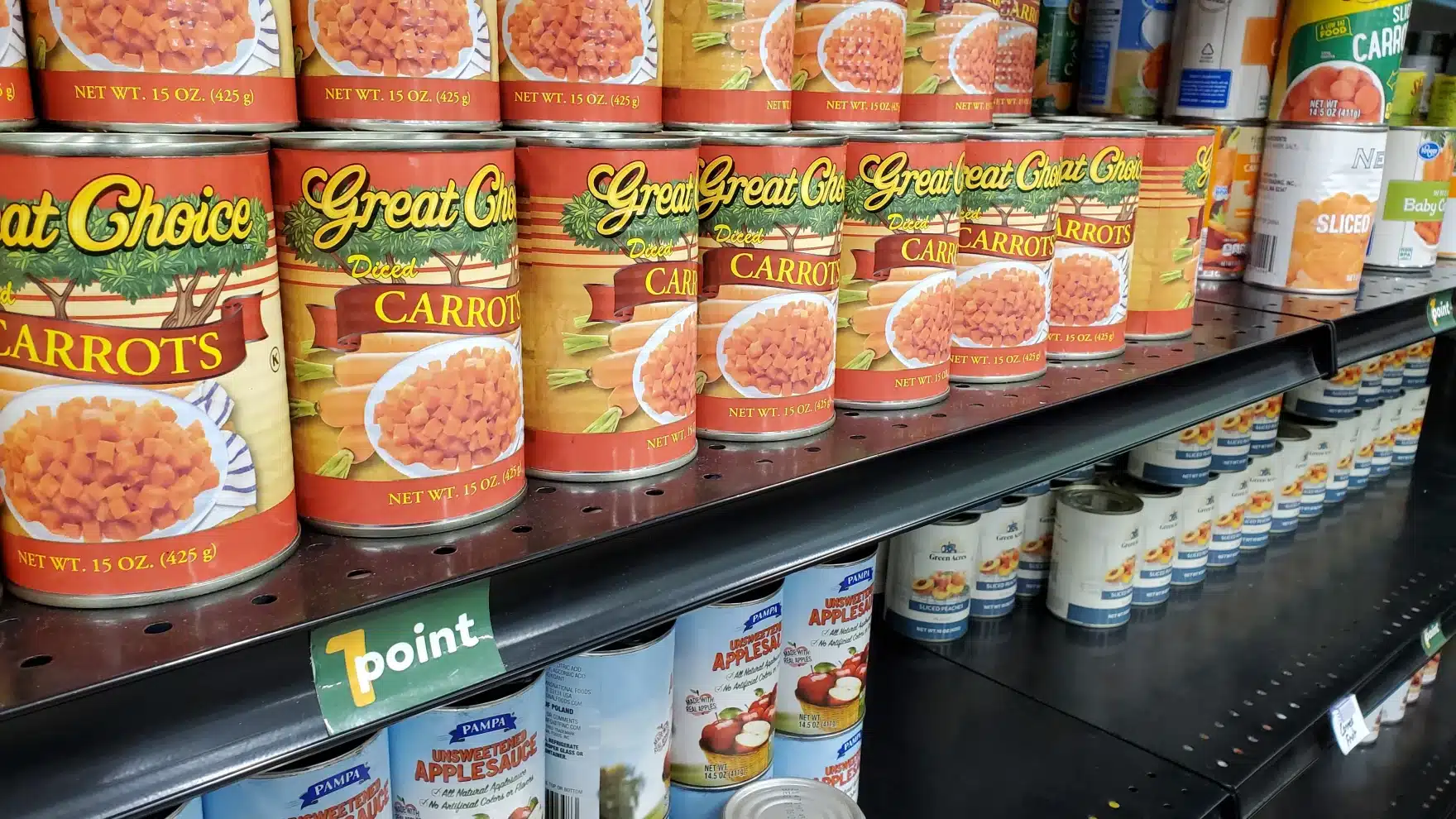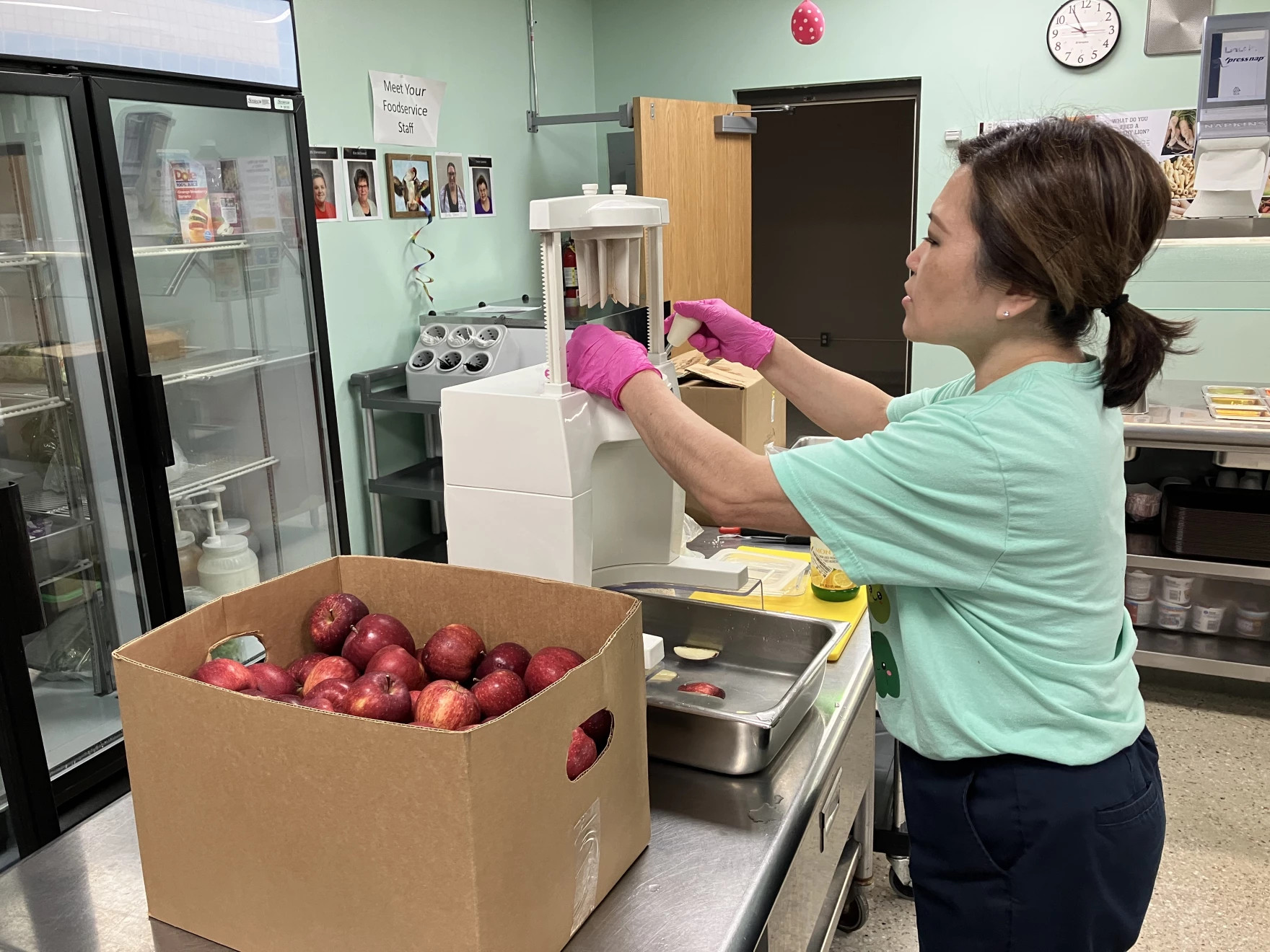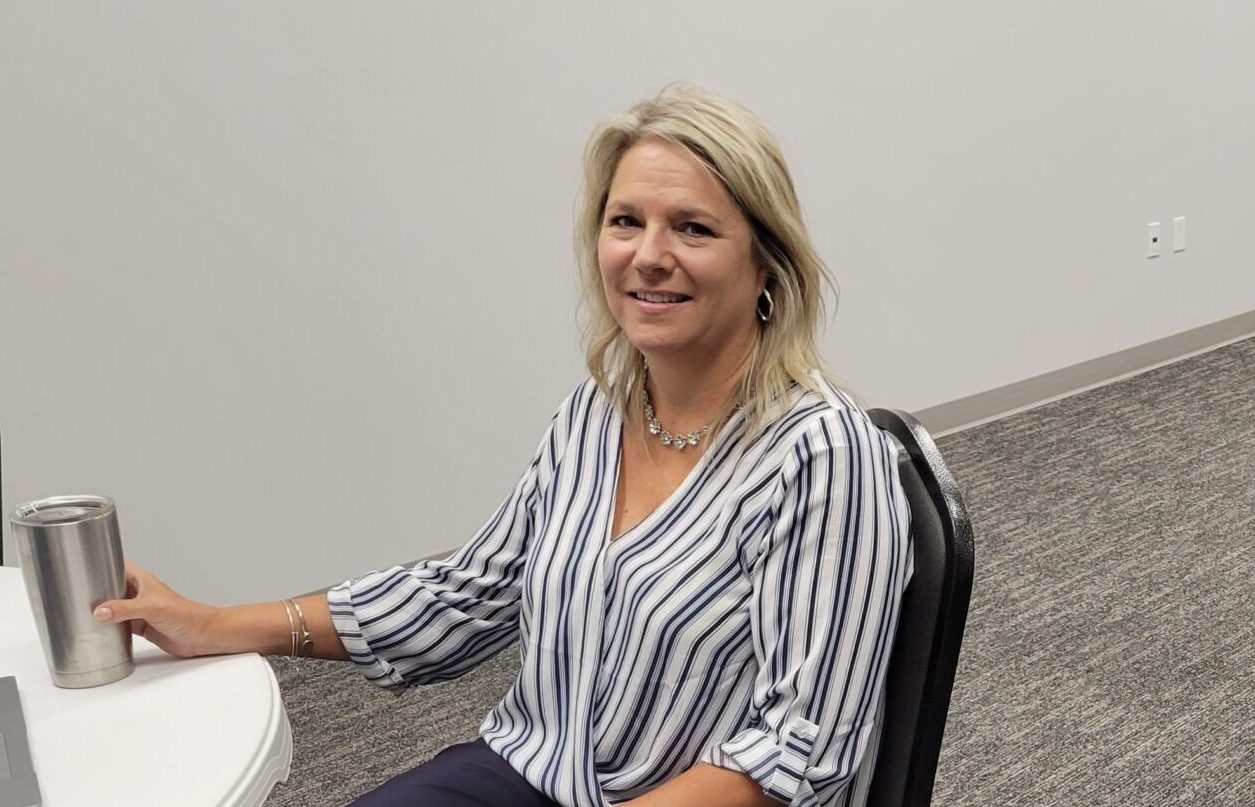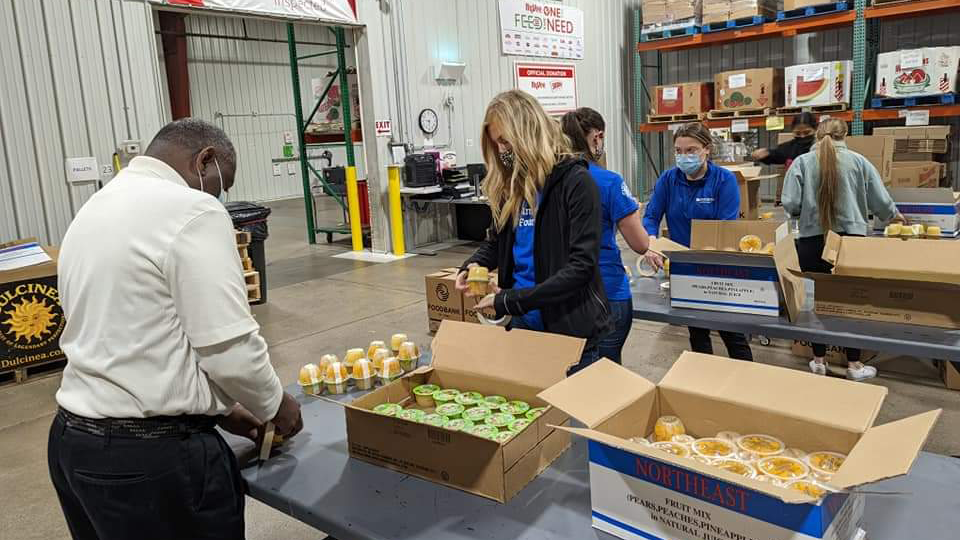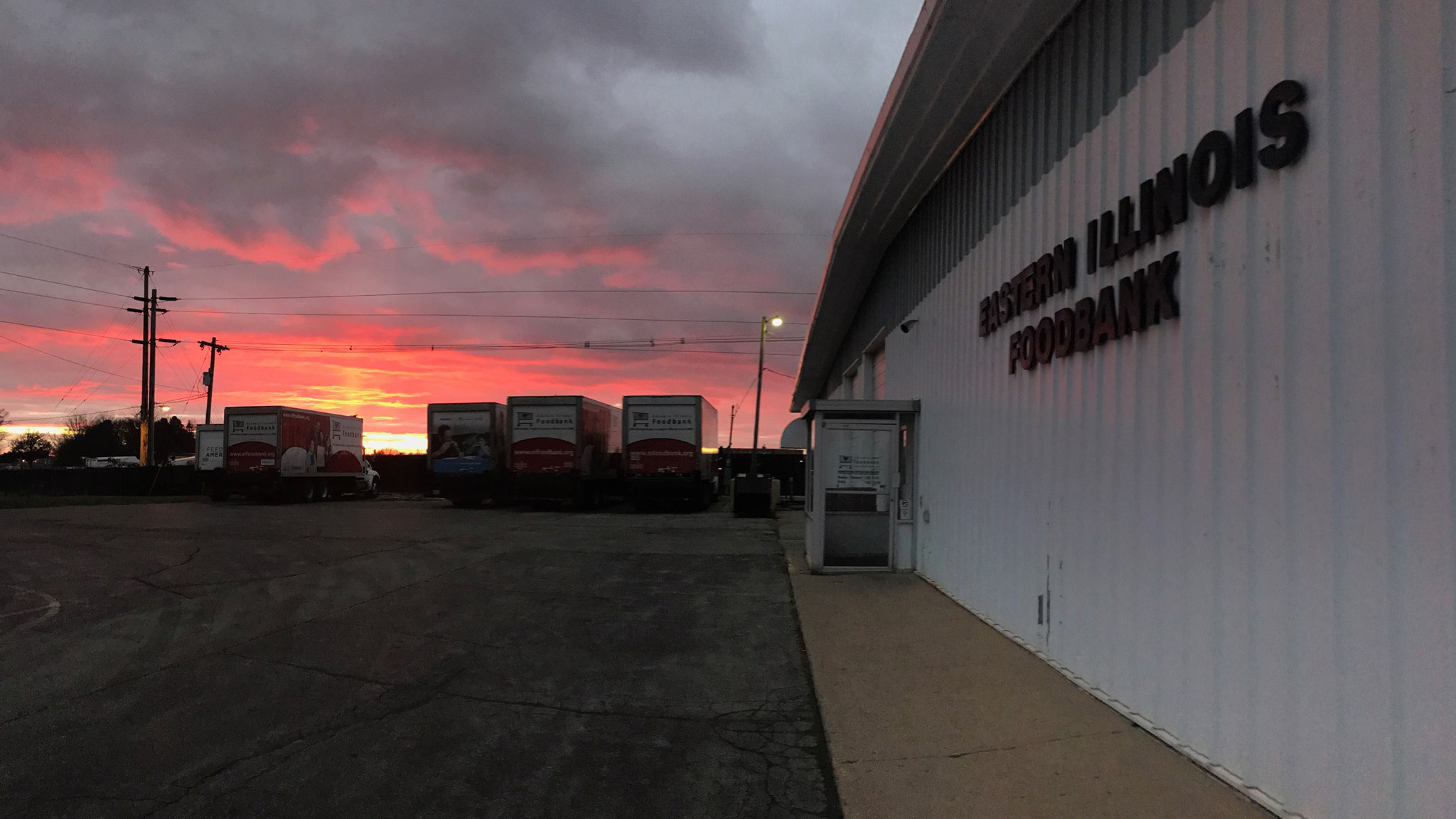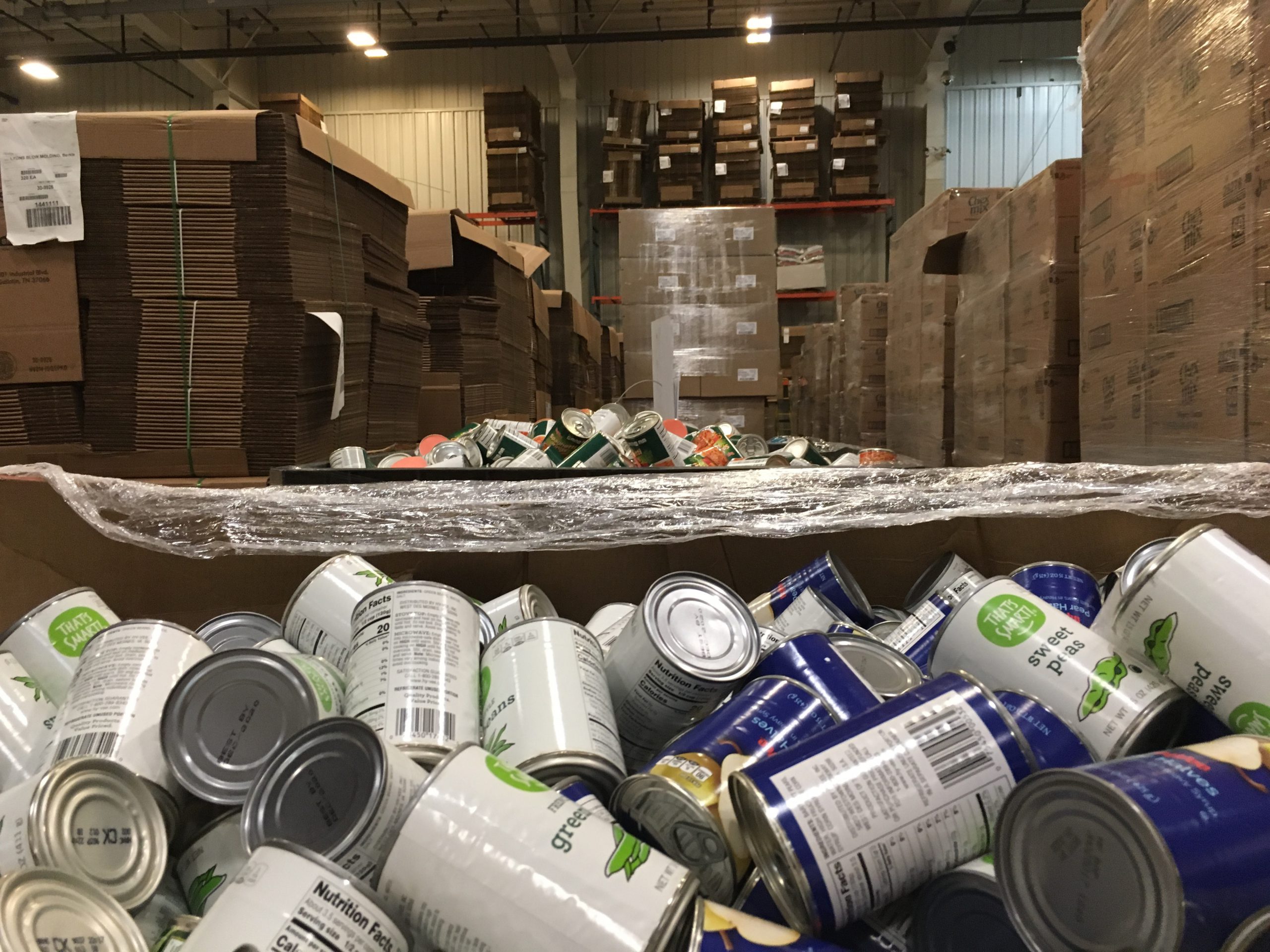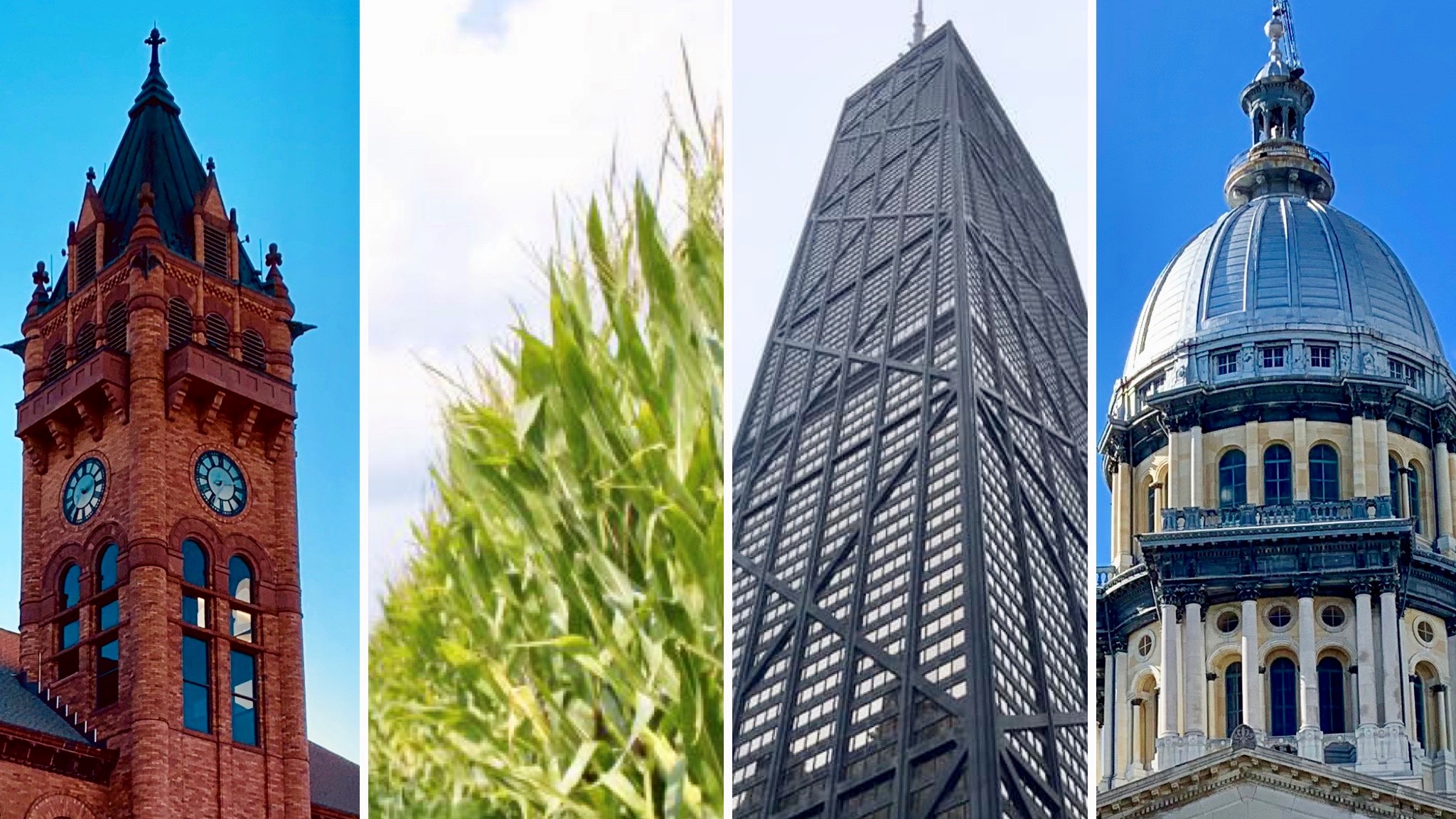
Where to find food assistance in Central Illinois as SNAP funding remains in jeopardy
Funding for federal food assistance is set to run out on Saturday, Nov. 1 due to the government shutdown. IPM News is compiling a list of resources and food pantries in East Central Illinois.

